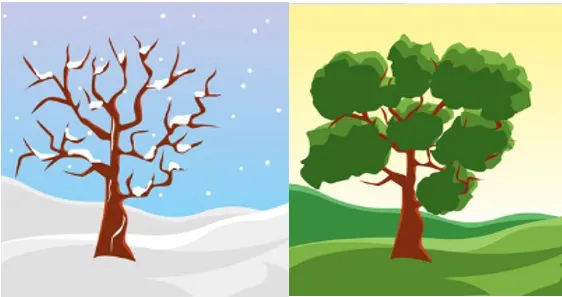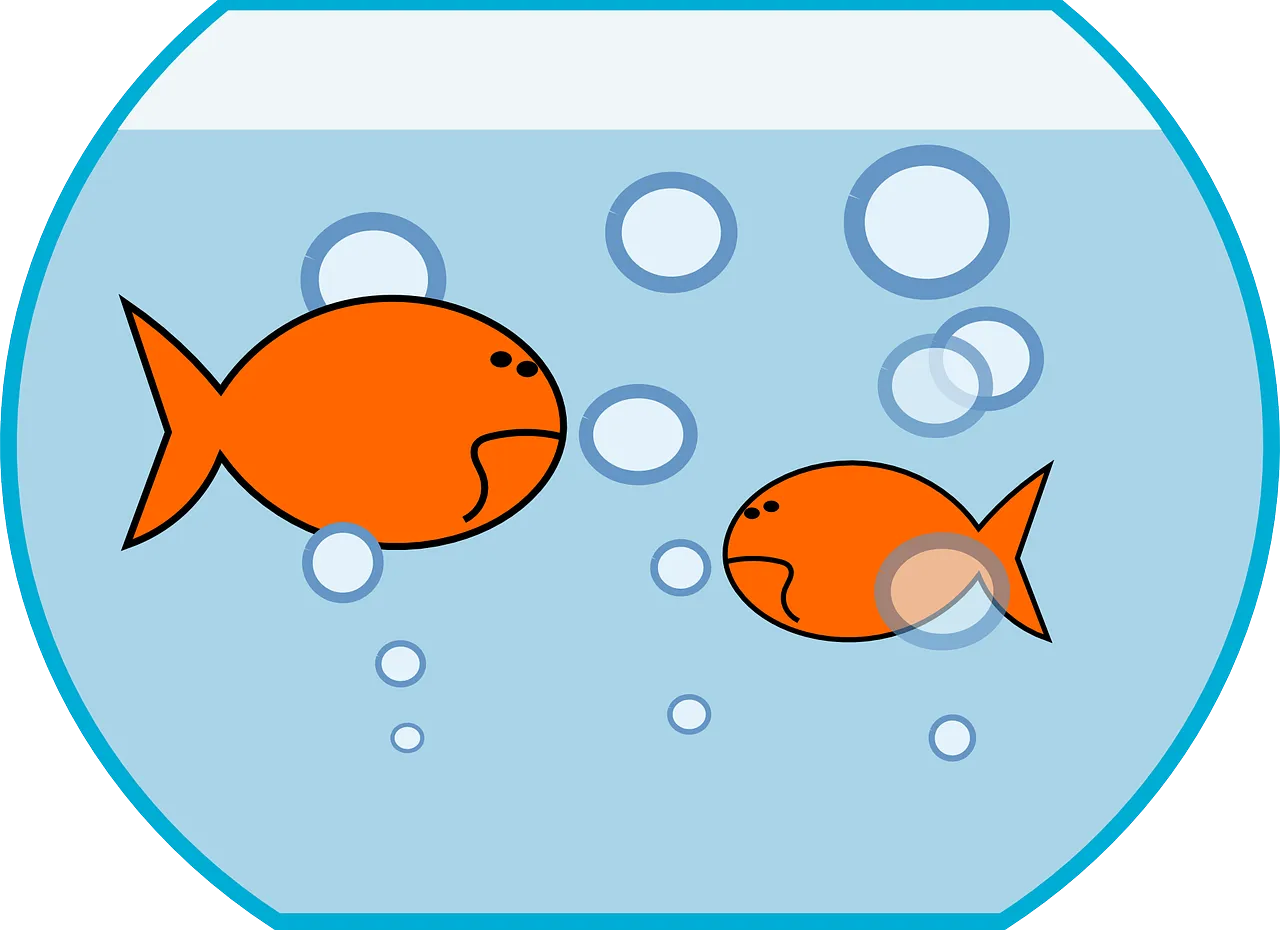

Why is greenland not green and iceland not icy
Well, if we ask someone why octopus is called octopus. Some might say because it has eight limbs i.e. pods hence the name octopus from Greek oktopods. Okay, well tell me why red sea is called red sea, the answer would be because red sea which is considered as a saltiest sea contains a bacteria called Trichodesmium erythaeum which makes the color as reddish brown.
Now, if we go on similar lines how would you assume Greenland and Iceland to be? Greenland full of greenery vegetation and Iceland full of snow, ice capes and glacier right? This is where the I believe the whole situation changes.
As of now, if we look at the globe, we would see Greenland covered with ice more than 70% while Iceland covered with vegetation almost 80%. So why the opposite names you ask? Well let's drive down to the history lanes to find out why!
Turning the time back to 2 million years ago, the island or let's say the world biggest island by an area was discovered by a Nordic or Scandivian settlers. Erik the Red, who was exiled twice once from Norway and next from Iceland had discovered this place when he set out with his ship to the northwest of Iceland along with a group of settlers. He landed in the southwest region of current Greenland which still shows some amount of decent vegetation or say greenery. Vikings generally have a tendency to name things as they are. Also to invite more people to the island, this was said to be named as Greenland.
Coming back to Iceland and carrying the generic tradition of naming things as they are by the Nordic people, legends say Naddador, the first Norse explorer on discovering the island named it Snowland since it was snowing when he arrived. The names changed again when a viking called Hfrana Floki. The sagas tell a story that Floki endured huge personal tragedies while on this journey and to disuade people from coming to this place named this Iceland. Also the presence of huge icebergs he encountered when climbing the mountains were one of the reasons why this name sounded perfect for that time.
Climate change and espescially volcanic eruption in Indonesia brought around a mini ice age which affected the temperatures of both Greenland and Iceland probably affecting Greenland more. The warm climate in the North Atlantic would not last thus bringing a drastic change in the temperatures.
Scientists now predict the return to normalcy in the surrounding in coming years, with the ice sheets in Greenland melting. This will affect the temperature of North Atlantic ocean making it colder and affecting the pace at which the Gulf stream flows. Gulf stream which brings warm water from Gulf of Mexico to Iceland would get affected with the same thereby cooling the island.
So probably in the coming years the names Greenland and Iceland would probably make more sense than they do today.
Well, that's for the curious mind on this topic, keep churning the curiosity until next time!
Powered by Froala Editor


